
Our Blog

September 30, 2022
Equestrian Question and Answer Session: Sophie Platt
This month, we want to introduce you to Sophie, one of our sponsored riders and team members. Sophie is an event rider, who runs a competition, training and livery yard with her mother Mary Platt. They have a large yard of 30+ horses, of various breeds, ages and training levels. The horses Sophie competes herself, she has had since they were young horses and has produced herself up the eventing levels. Sophie’s ultimate goal is to produce a horse from a 4-year-old to eventually compete at 5* level.
Sophie’s top mare is Bebe III, whom Sophie purchased as a four-year-old as she wasn’t going to make it on the race track. They’ve learnt lots together and Sophie has produced her to the point where they successfully complete Advanced/4* tracks. With COVID-19 putting a stop to some competitions and goals, Sophie decided to put Bebe III in foal. Bebe’s foal, Joey is now a yearling and Sophie has big hopes for him!
We sat down with Sophie for a question and answer session all about how she runs her yard and prepares for competition.
How do you prepare your lorry before travelling to a competition?
When out competing, the lorry is always prepared a day to a few days prior to competition. Whether it is a one-day or a three-day event. You would always pack the same essentials between the two types of events, just for a three-day event you would take extra. For a three-day event, it is important to remember the extra bedding and feed.
At a one-day event, I always take:
A bag of M&T complete
A variety of rugs
My grooming box
Extra water
Electrolytes
Ice packs for the horse’s legs after the competition
First aid kit for both horse and rider
Spare tack
For a three-day event, I add bedding, more bags of M&T complete and my hard feed to the list.
How do you manage all of your horse’s nutrition and water intake on a daily basis and at a competition?
My horses are all pretty good at drinking enough water, both at competitions and at home. At home, I prefer to fill water buckets in stables all year round so that I am aware of how much each horse drinks. When working with your horses on a daily basis, you get to know all your horses very well and therefore know what extra nutritional needs each individual horse has. This can factor in on workload, age, level of competition, weight, and type. You naturally start to know if a horse needs something extra in its diet or whether you can keep it quite simple. It's about keeping it manageable and knowing the needs of each individual horse. All mine get a variety but it's something you naturally learn to do.
How do you manage the routine with a large yard of horses?
I usually always give my horses one to two days off after competition followed by a hacking day. With their ridden work, I like to keep it varied for each horse, so that the horses never get bored and always look forward to their work. Routine with the horses, at a competition or at home is key to a happy horse. They are routine animals and it also makes your life easier as you then know what you are doing 7 days a week.
When riding my horses, they are all kept in a similar work routine. What I do is tailor each horse's workout to the workload it needs. For example, one day I will give them all a jump and I will know which horses need less intense jumping sessions and which horses need to jump a full course with higher jumps. I’ll sometimes do schooling days where some horses need to work on simple transitions yet another horse might need to be doing more lateral work.
It all depends on the level and ability that each horse is at. There will always be a goal to achieve when riding a horse whether that is at home or at a competition.
In summer the horses live out, and they are all checked every morning and evening. My own horses will always come in through the day where they will have a feed and be worked. In the winter all the horses live in, where they are all fed together at the same time AM and PM. During this time, we automatically check over them to make sure we are happy with how they are looking, and that there are no signs of injury or illness.
Despite having a large yard, you quickly get to know every individual horse's needs and what routine works best for that horse. This makes your life easier and it maintains a happy healthy horse. I am very lucky that all the horses can be turned out during winter so they do keep a consistent natural way of being looked after.
We do turn our horses out in herds unless I know that some need to be kept individually or just have a couple of friends. I tend to keep the young horses together, mares together and geldings together. I rarely mix mare and geldings as it works best for us. Summer and winter
turn out groups are all kept exactly the same and, in the winter, they are all turned out exactly the same every day.
Vet visits to the yard are again kept as a routine and they come on an allocated date once a month. Unless there is an emergency. Booking the farrier is similar and they come on an allocated day, sometimes every week or every two weeks depending on which of the horses are due to be shod and when.
In summary:
When preparing the lorry for competition, regardless of the type of competition, Sophie always takes the same essentials, with spares just in case something were to happen. There will also be plenty of forage and water on board, to ensure that her horses consume enough throughout the course of the competition.
At home, Sophie keeps her horses to the same routine, wherever possible. Whether this is doing the same types of work with each horse (but adapted to their ability) or the times they are turned out. Sophie finds keeping her horses within a routine helps to keep them happier and healthier. As she manages a large yard, this also helps her ensure that things run smoothly throughout the day.
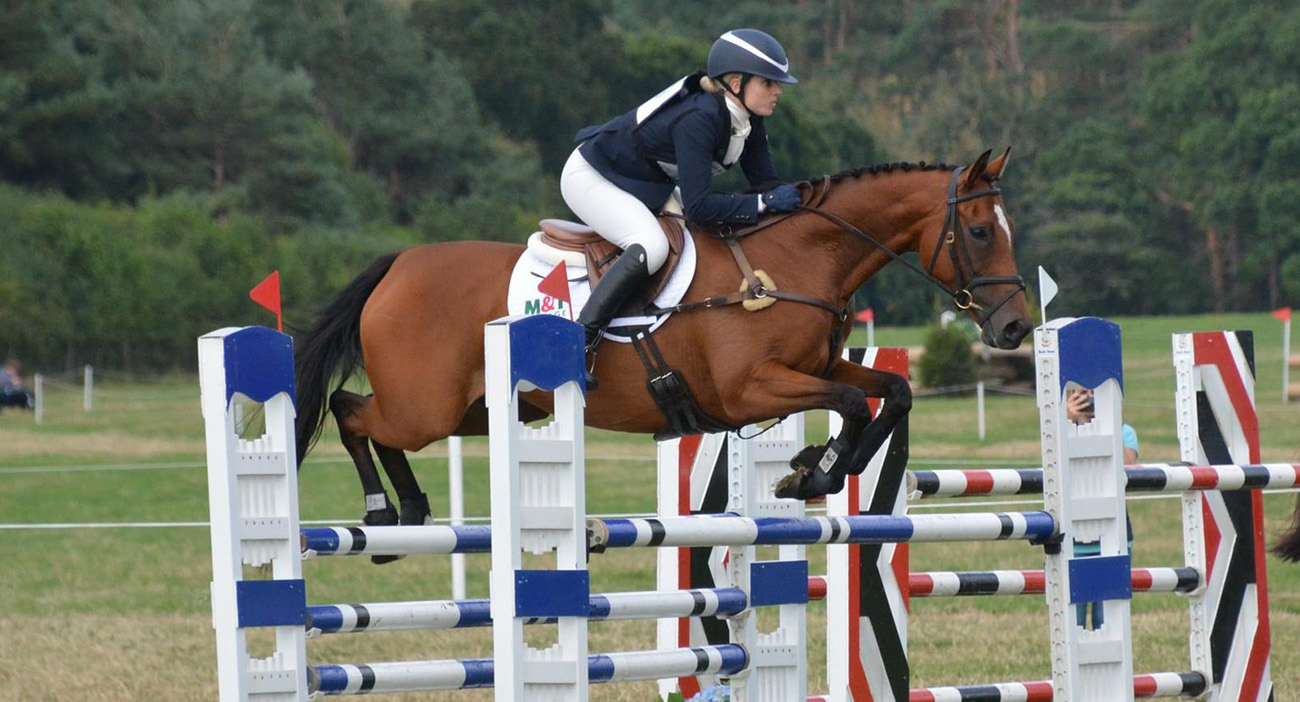
April 4, 2024
Eat, Sleep, Compete, Repeat
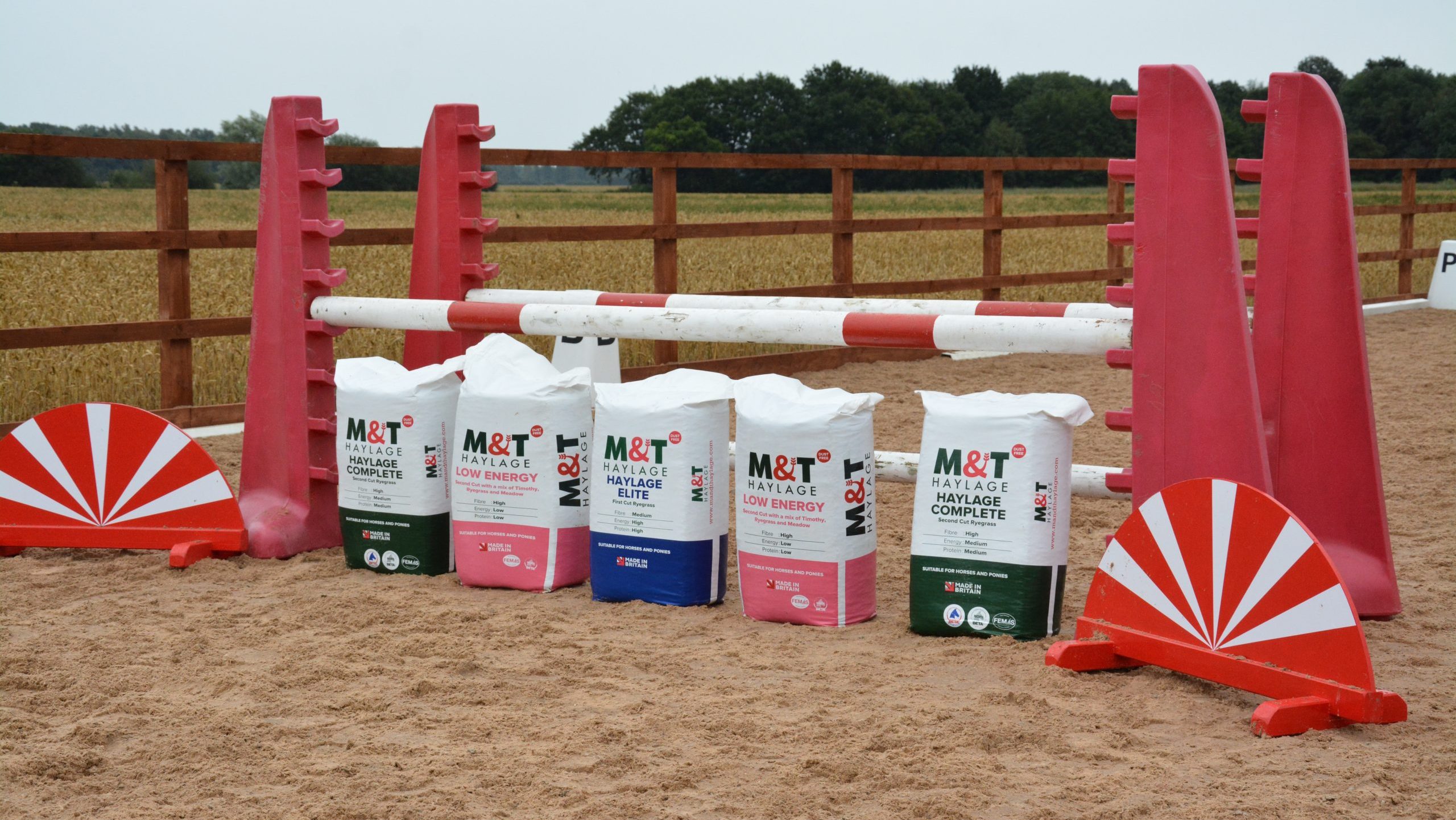
March 8, 2024
Top Tips For Managing Forage On The Go: Part Two

March 8, 2024
Consistency Is Key for Horses
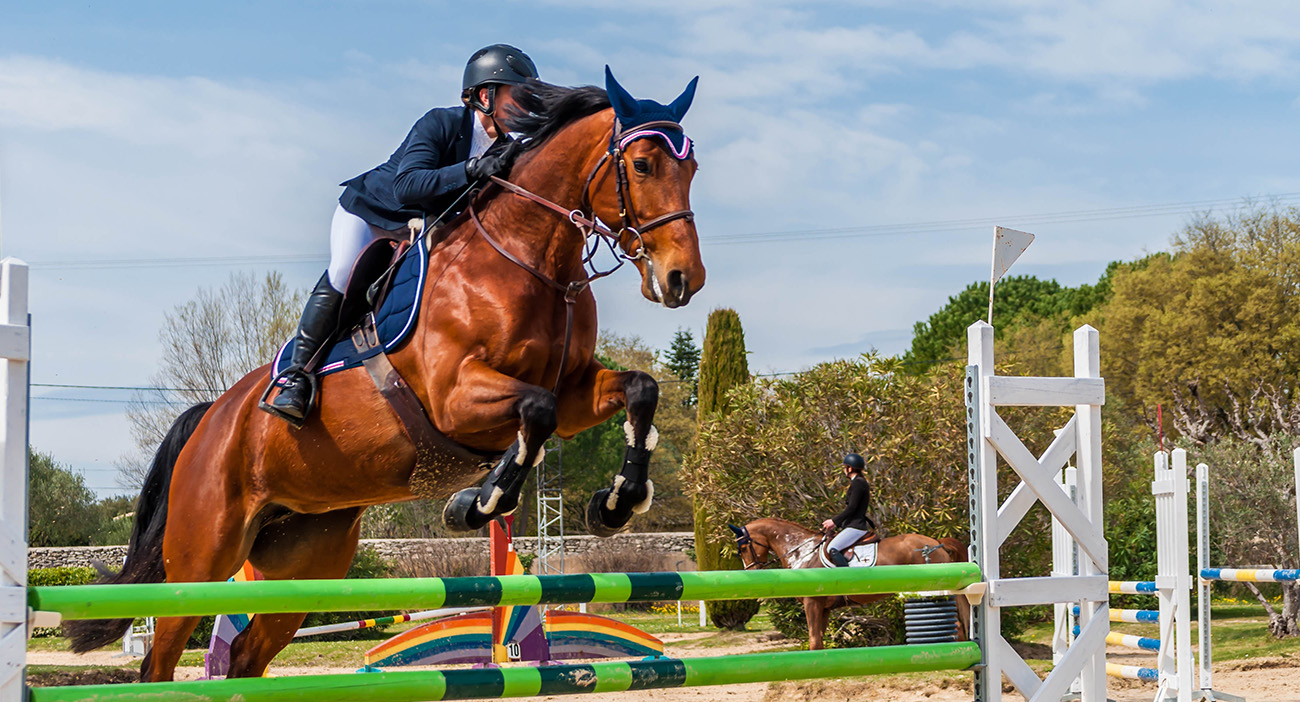
February 19, 2024
Don’t Underestimate The Value of Preparation
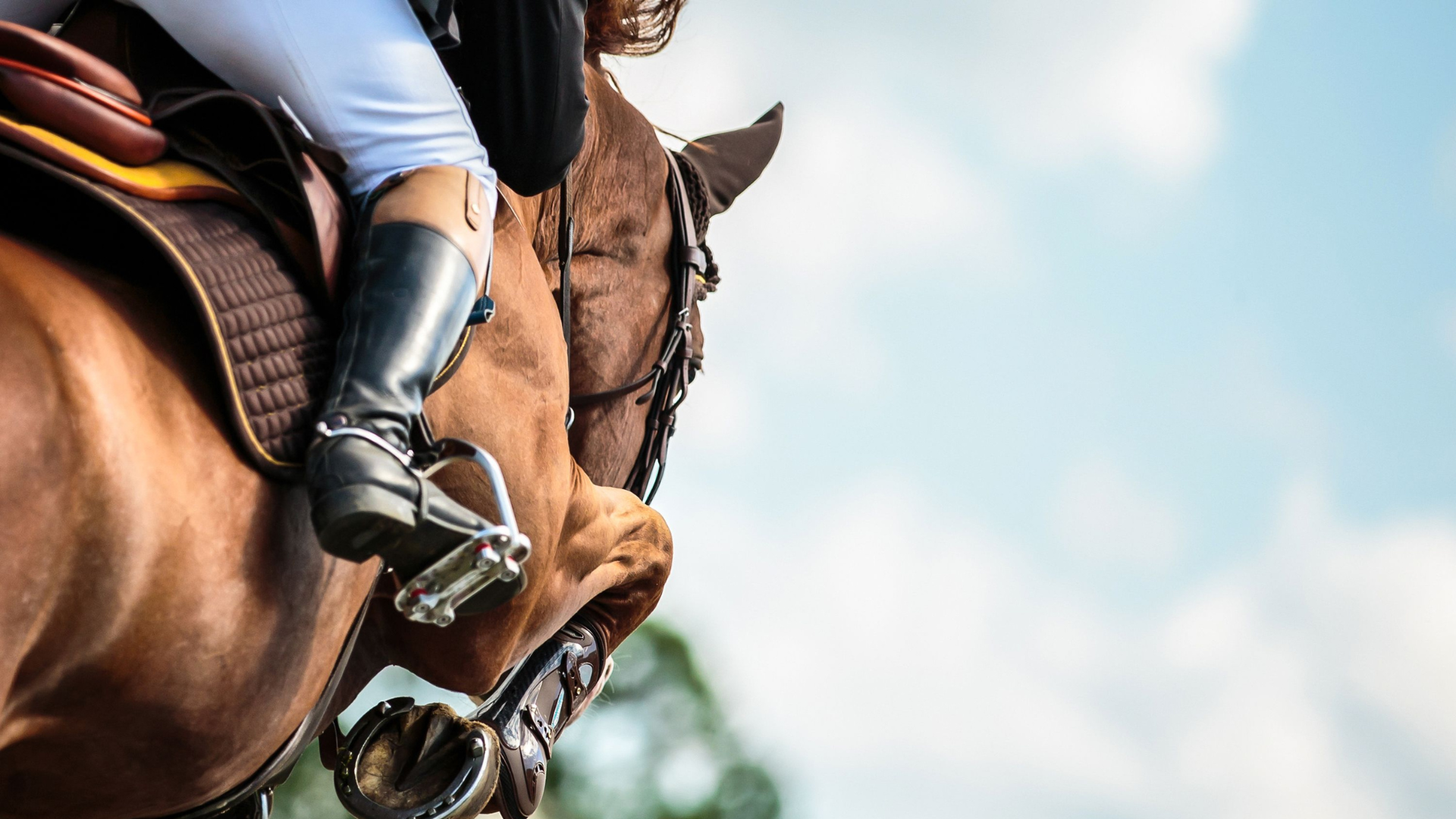
February 6, 2024
Know Your Horse Inside Out
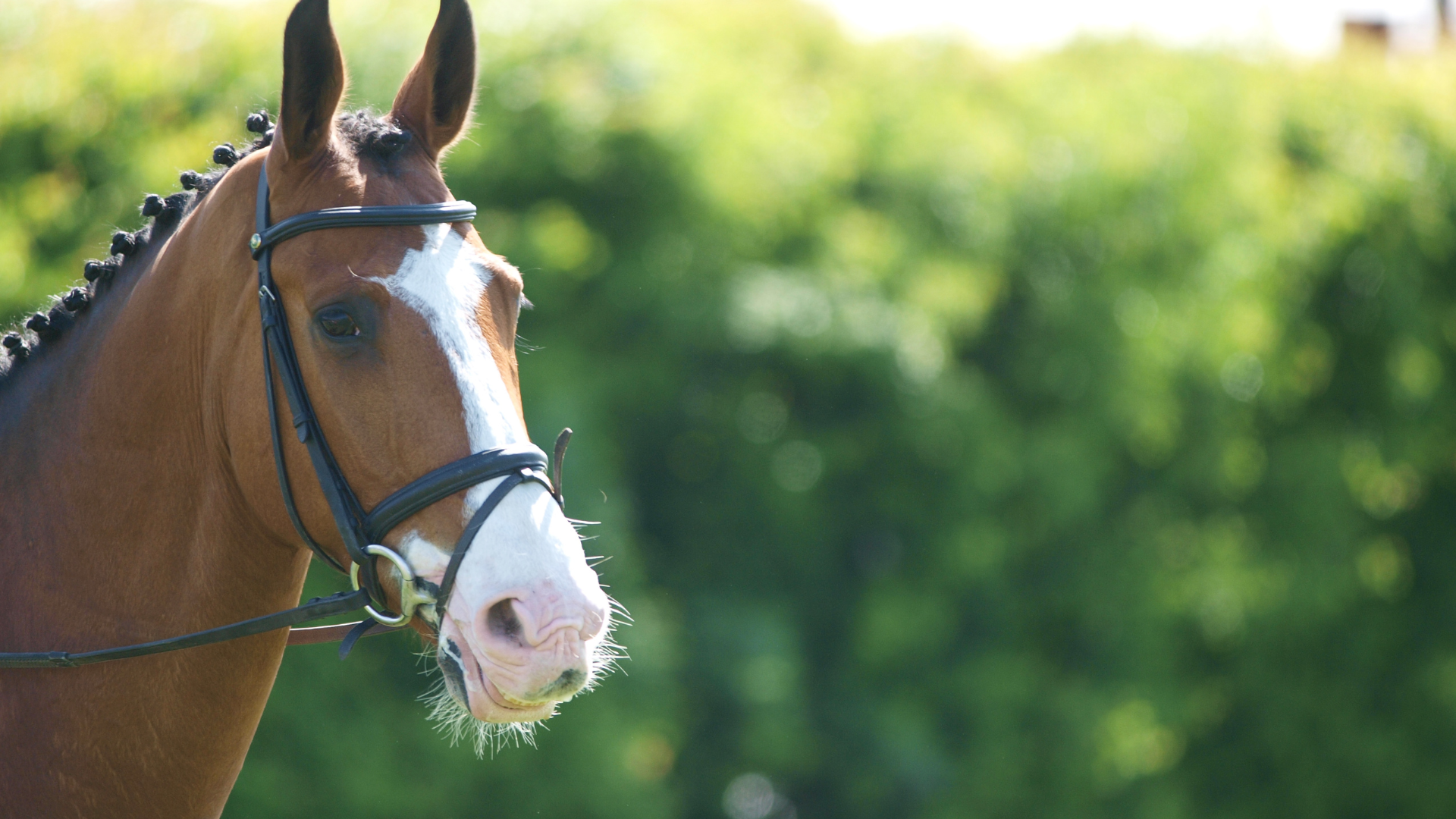
December 11, 2023
How To Get The Most Out Of Your Horse Forage During Winter

November 7, 2023
Which Hay Shall I Feed My Horse or Pony?
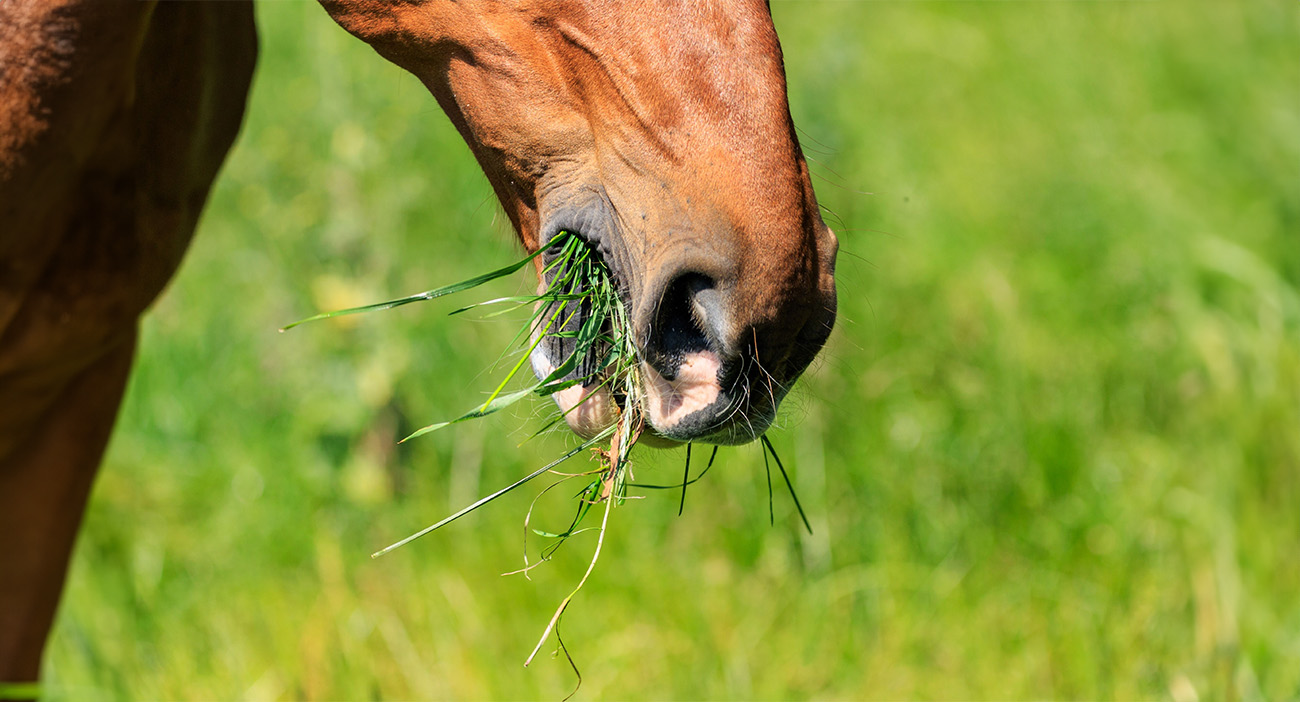
September 14, 2023
Hay Exportation – Why Choose British Hay?

April 24, 2023
Changing Your Horses Diet From Winter to Spring
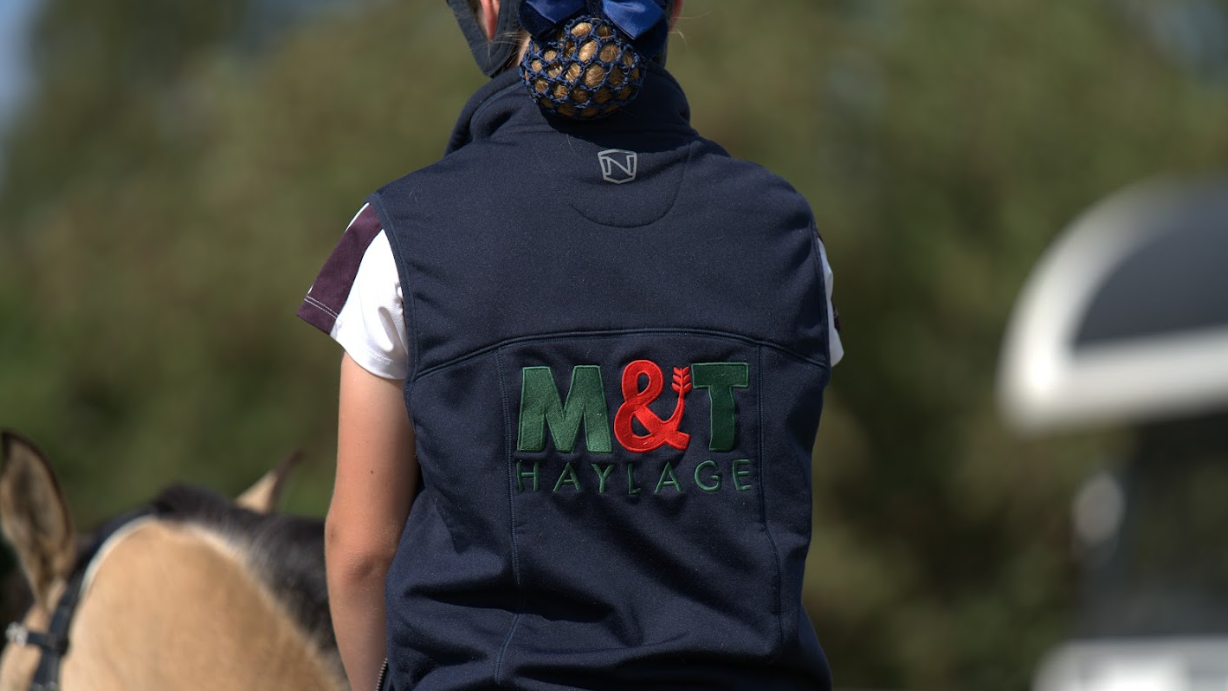
March 3, 2023
Hay vs Haylage: Which Is The Right Option For Your Horse?
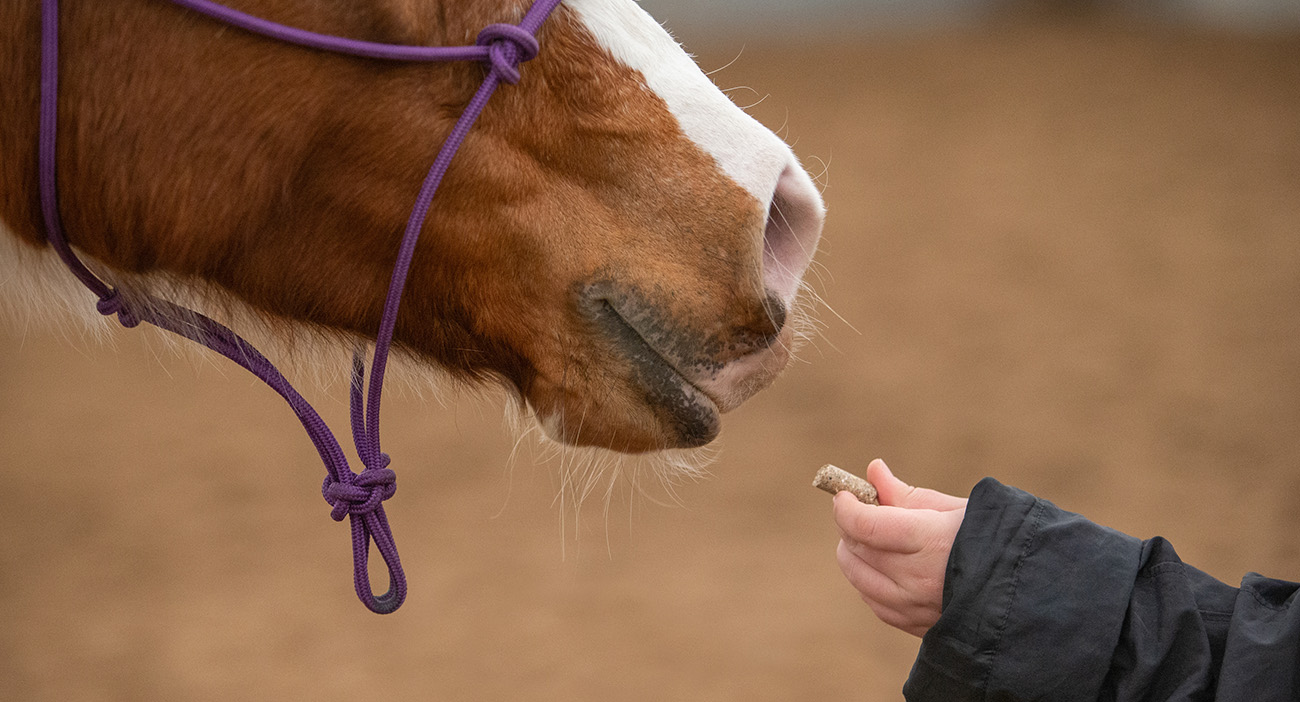
January 13, 2023
How To Bring A Horse Back Into Work After A Break
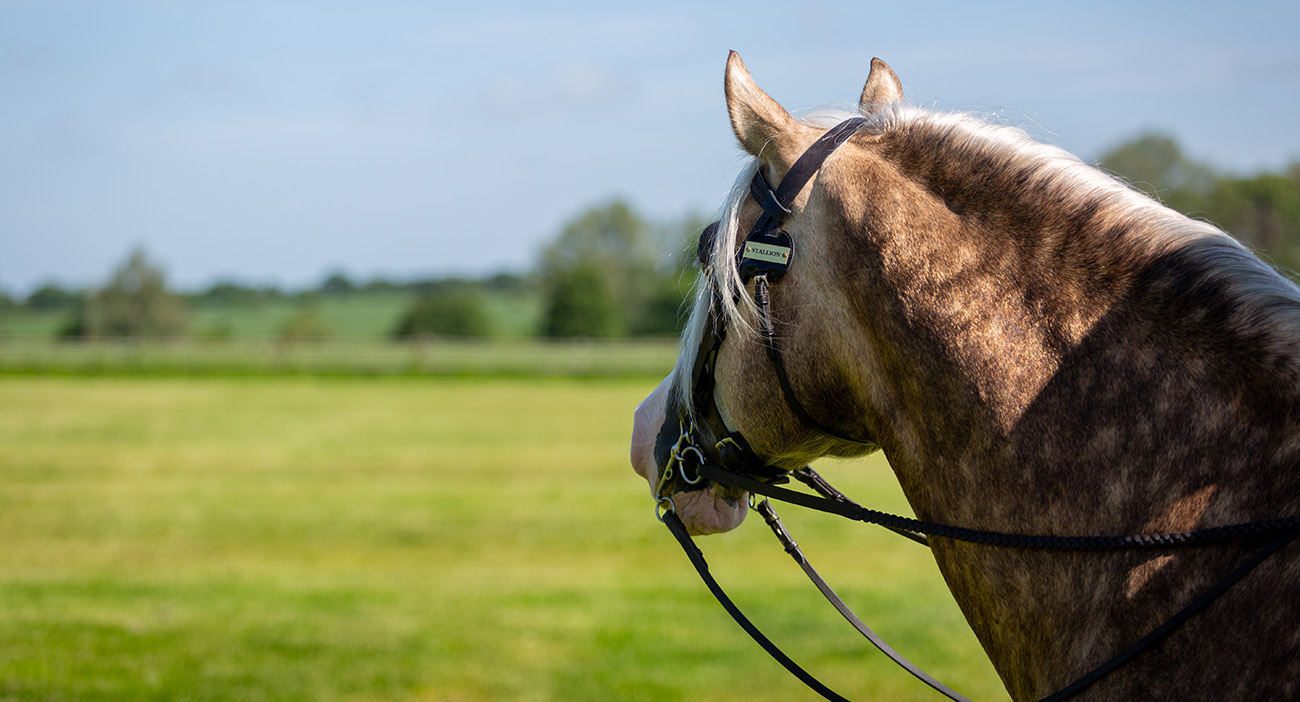
November 23, 2022
How To Body Condition Score Your Horse
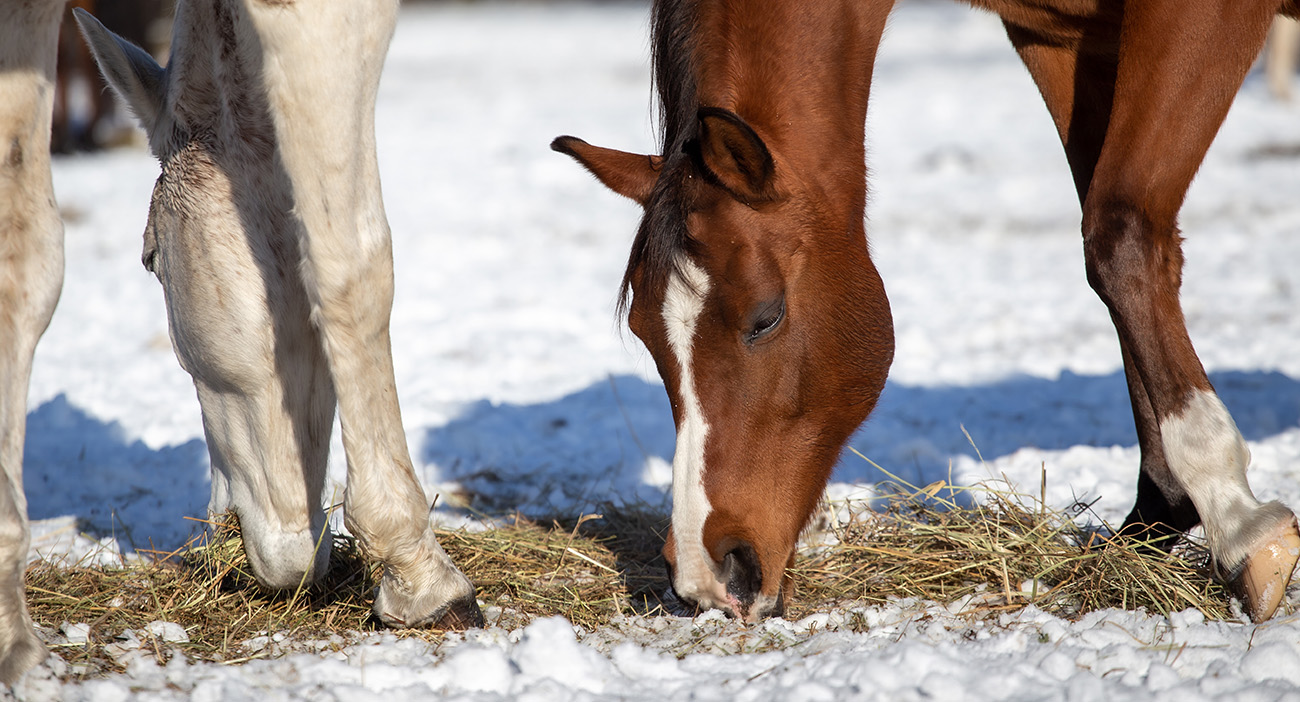
November 7, 2022
Winter Feeding Tips For Horse Owners
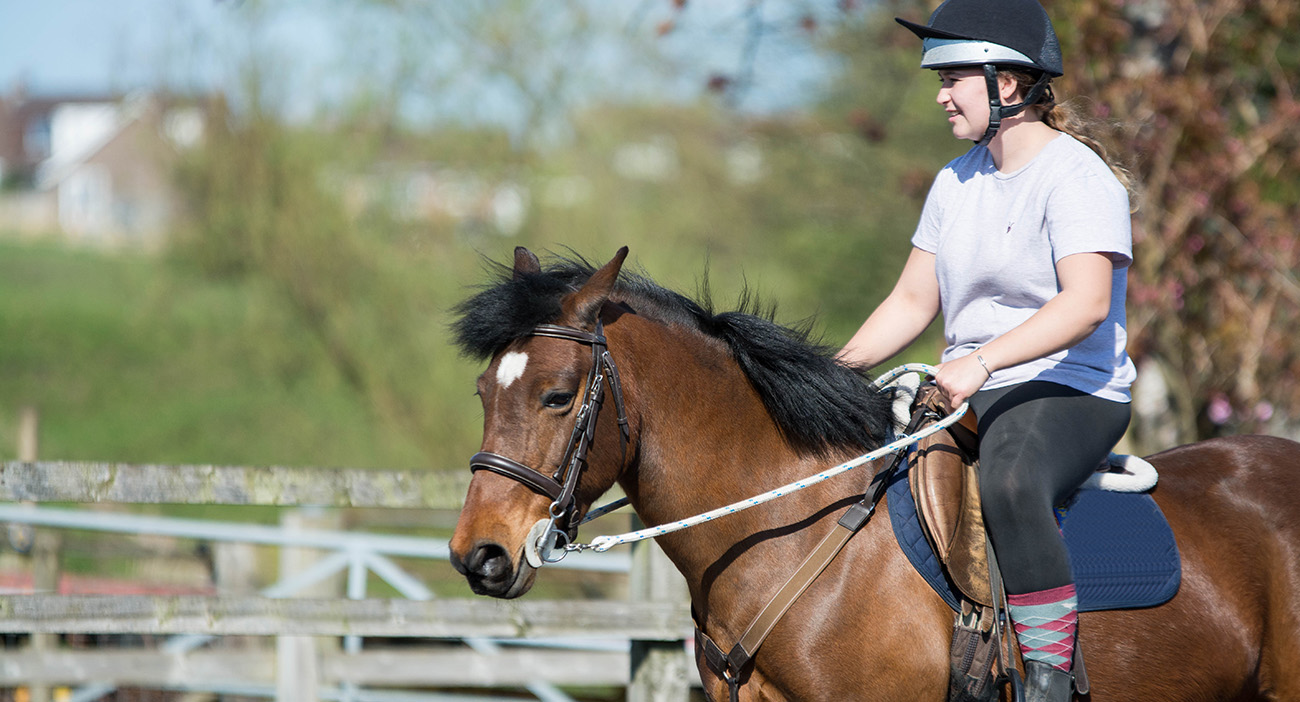
October 20, 2022
Money Saving Tips For Horse Owners
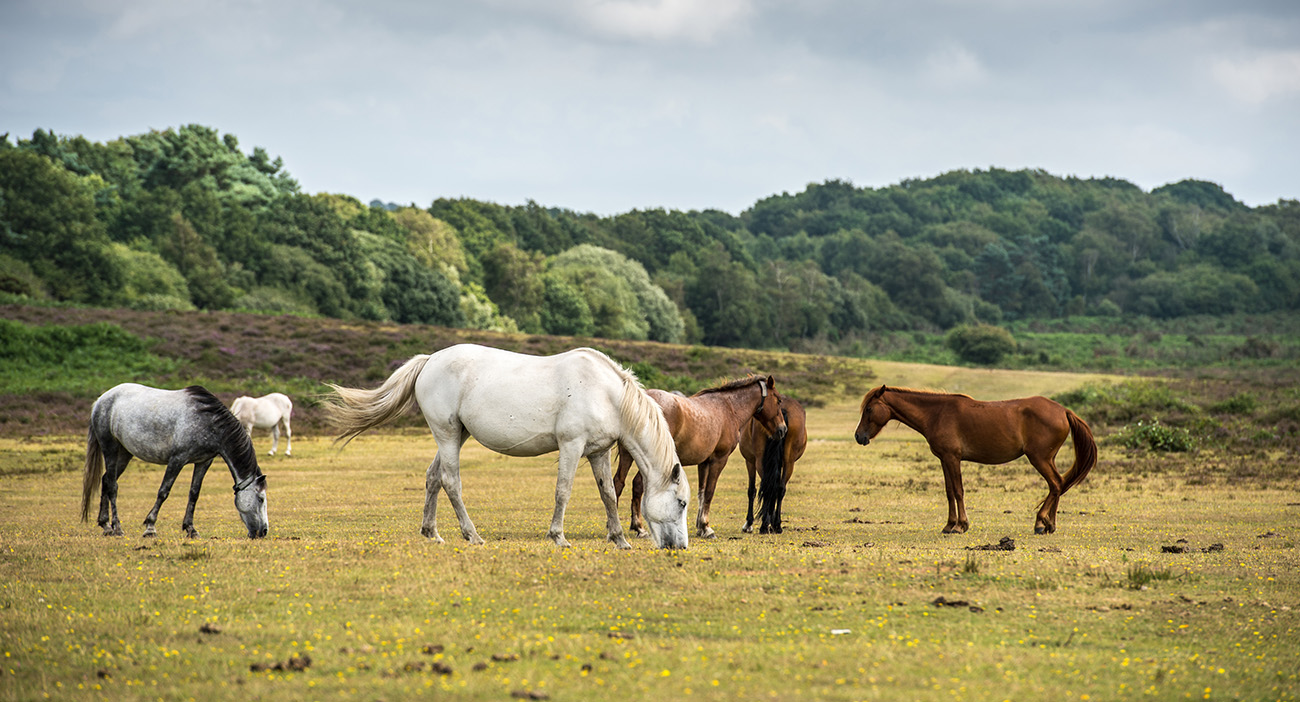
October 3, 2022
8 Ways To Keep Your Horse Entertained

September 30, 2022
Equestrian Question and Answer Session: Sophie Platt
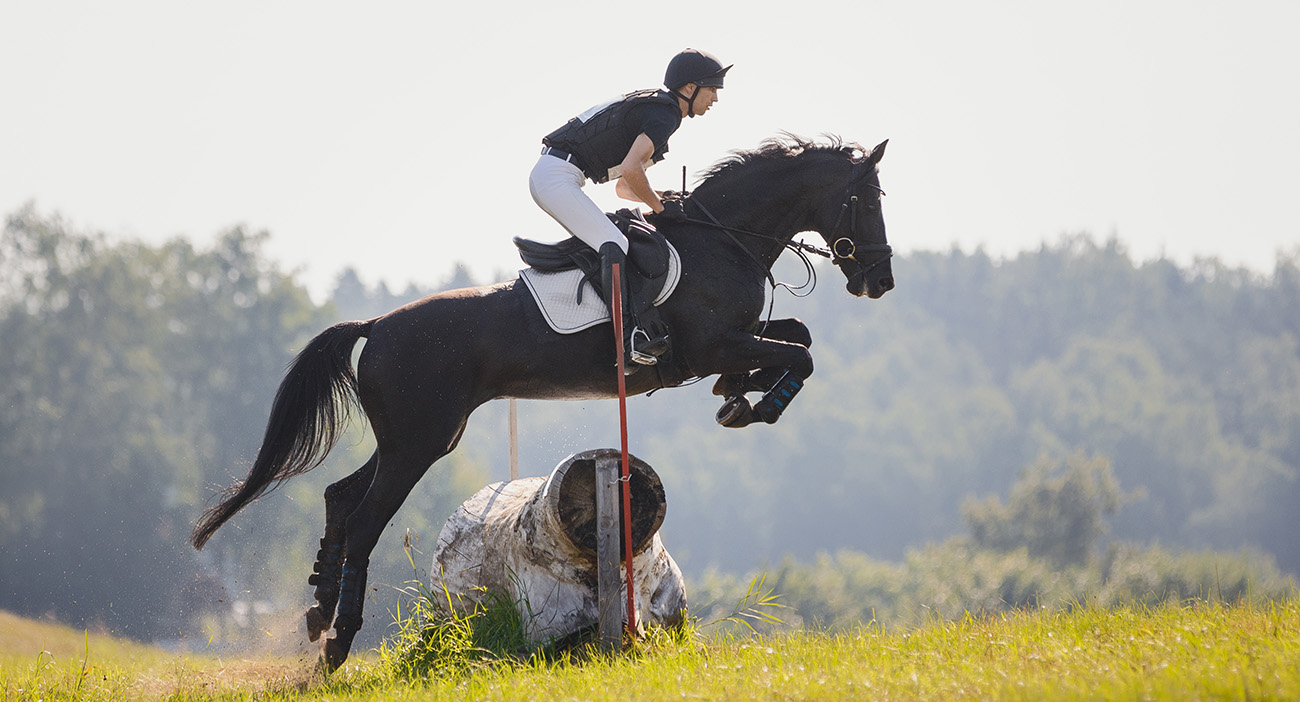
August 25, 2022
Preparing Your Horse For Competition
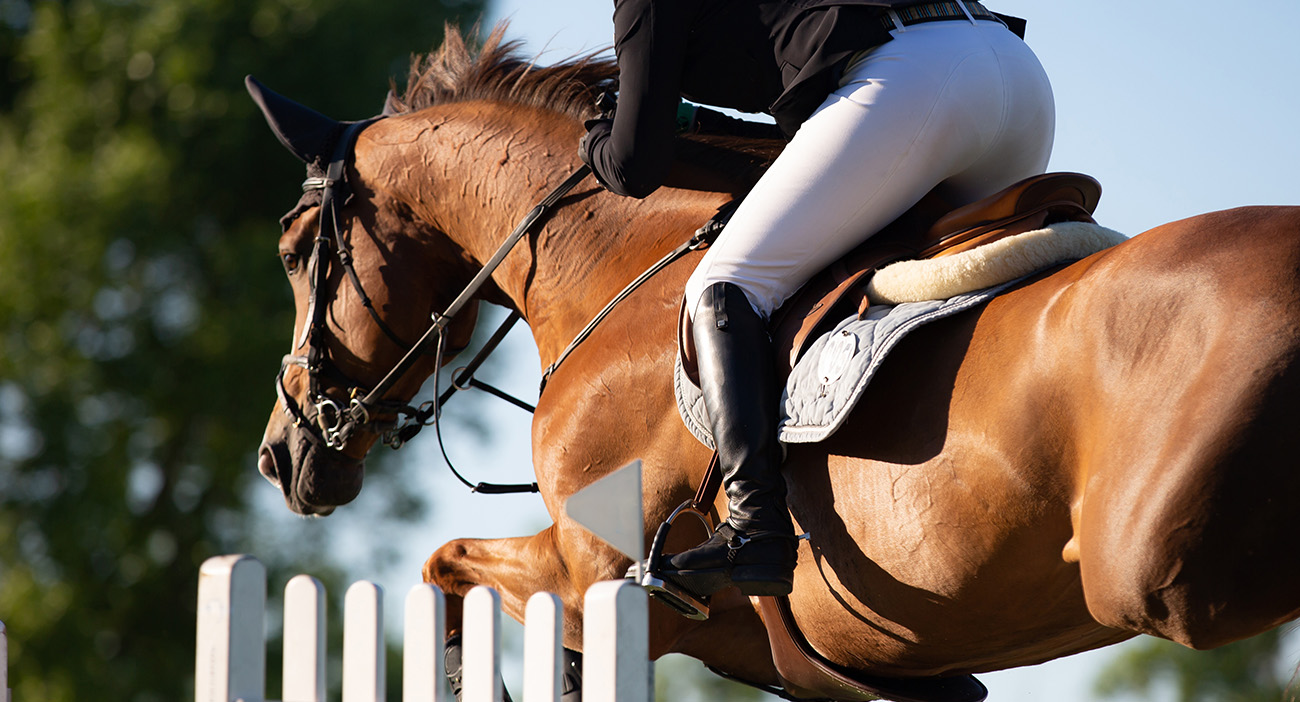
July 28, 2022
What Is Normal For My Horse?
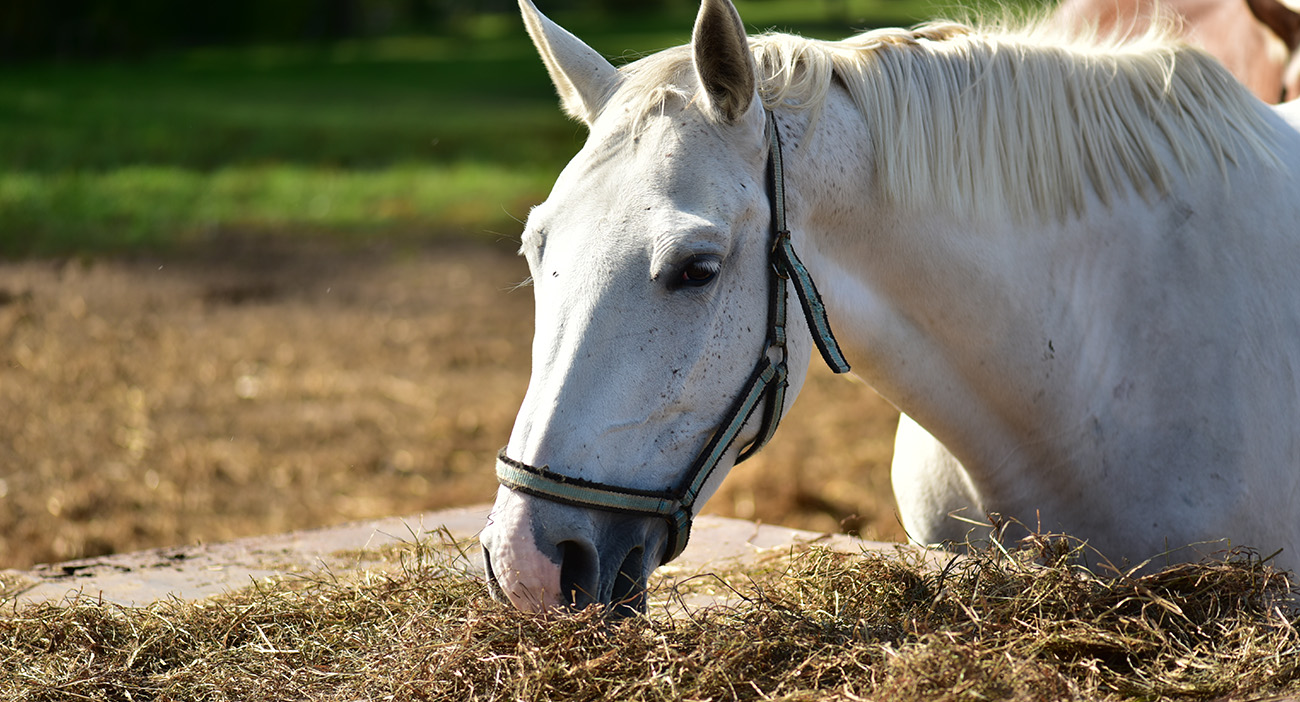
June 30, 2022
Compeition Horses: Managing Forage and Water Intake
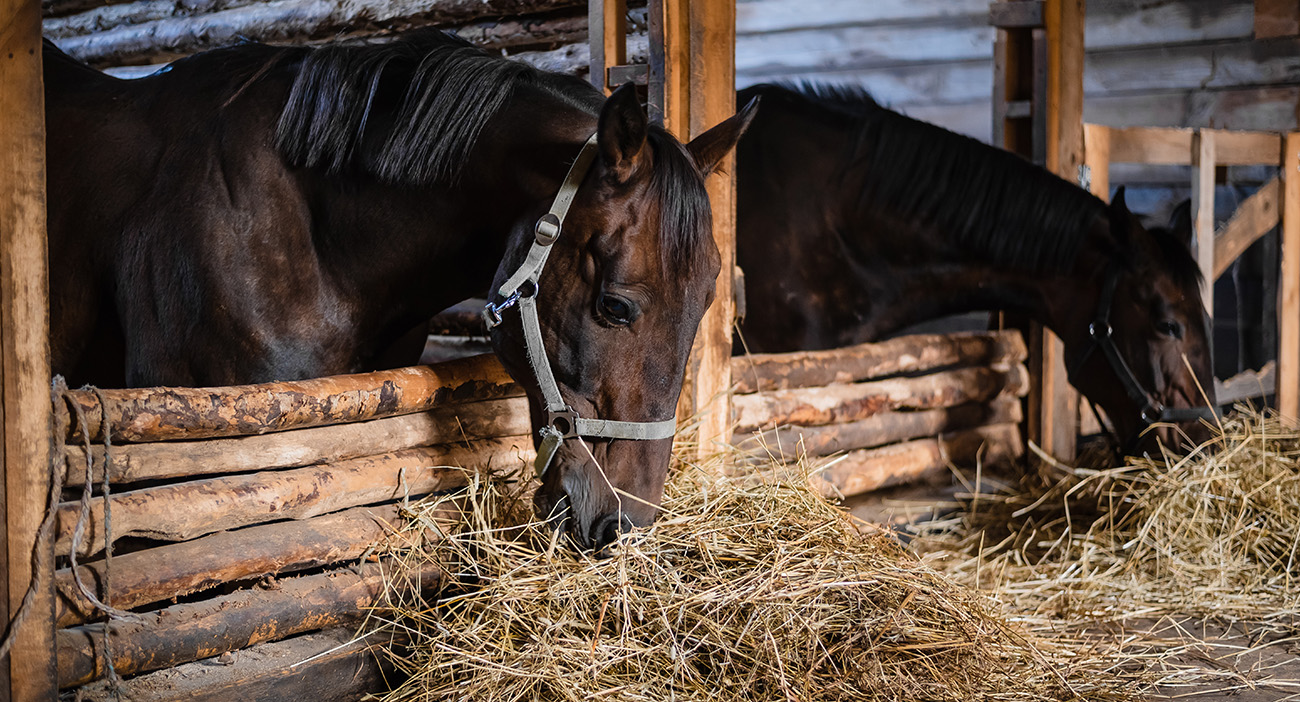
October 1, 2021
How To Feed EMS Horses: Nutritionist Top Tips For Horses
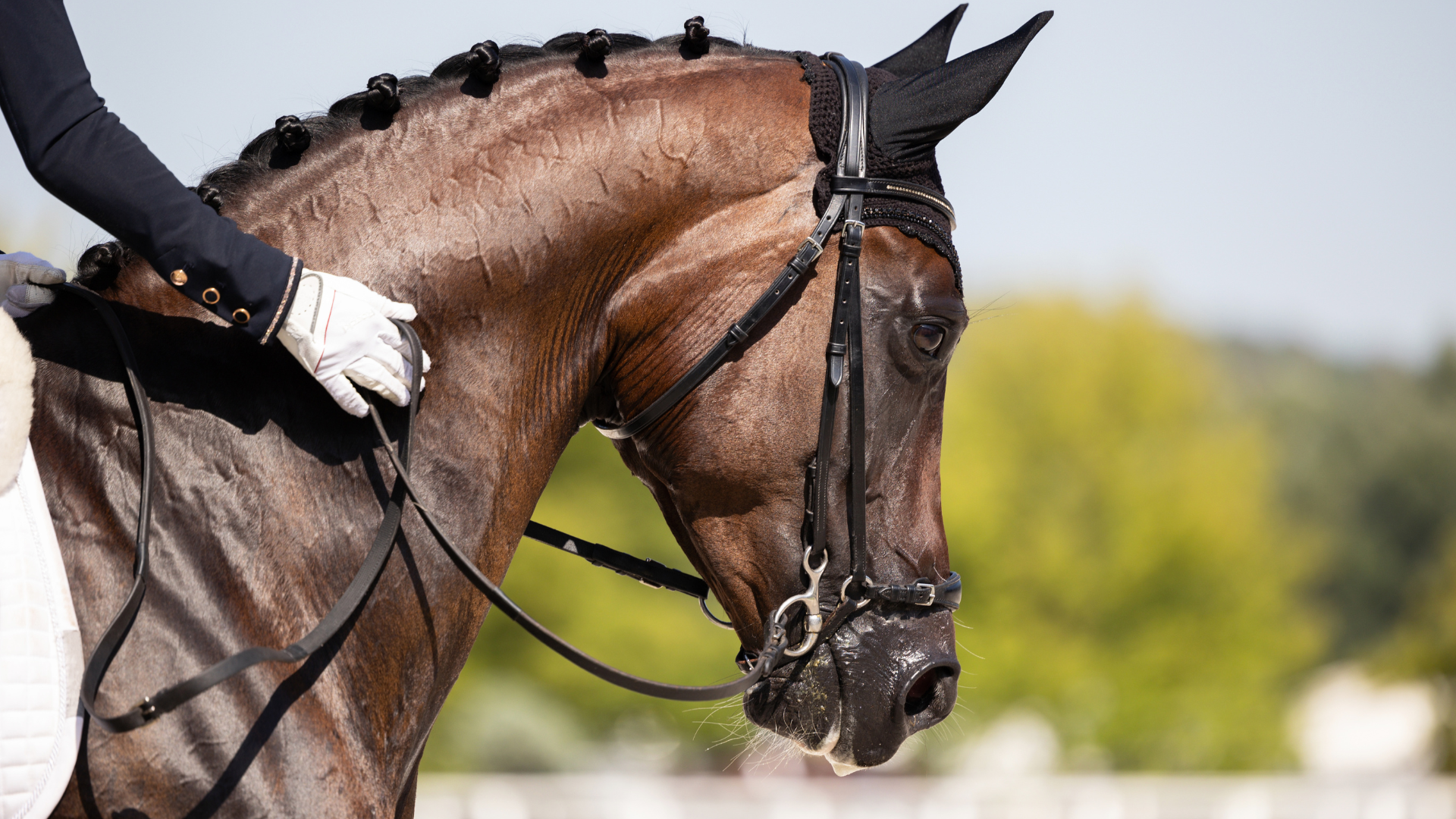
September 22, 2021
Feeding The Equine Athlete
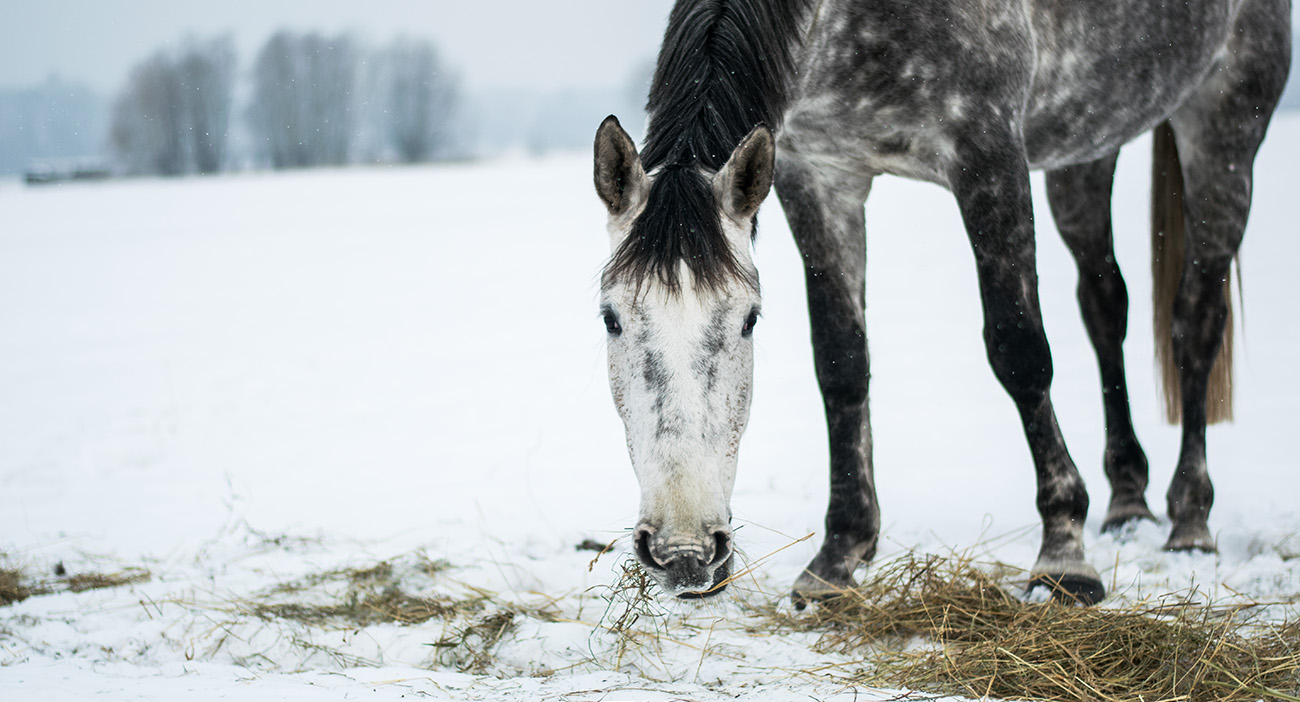
September 7, 2021
How To Feed Your Horse Indoors This Winter
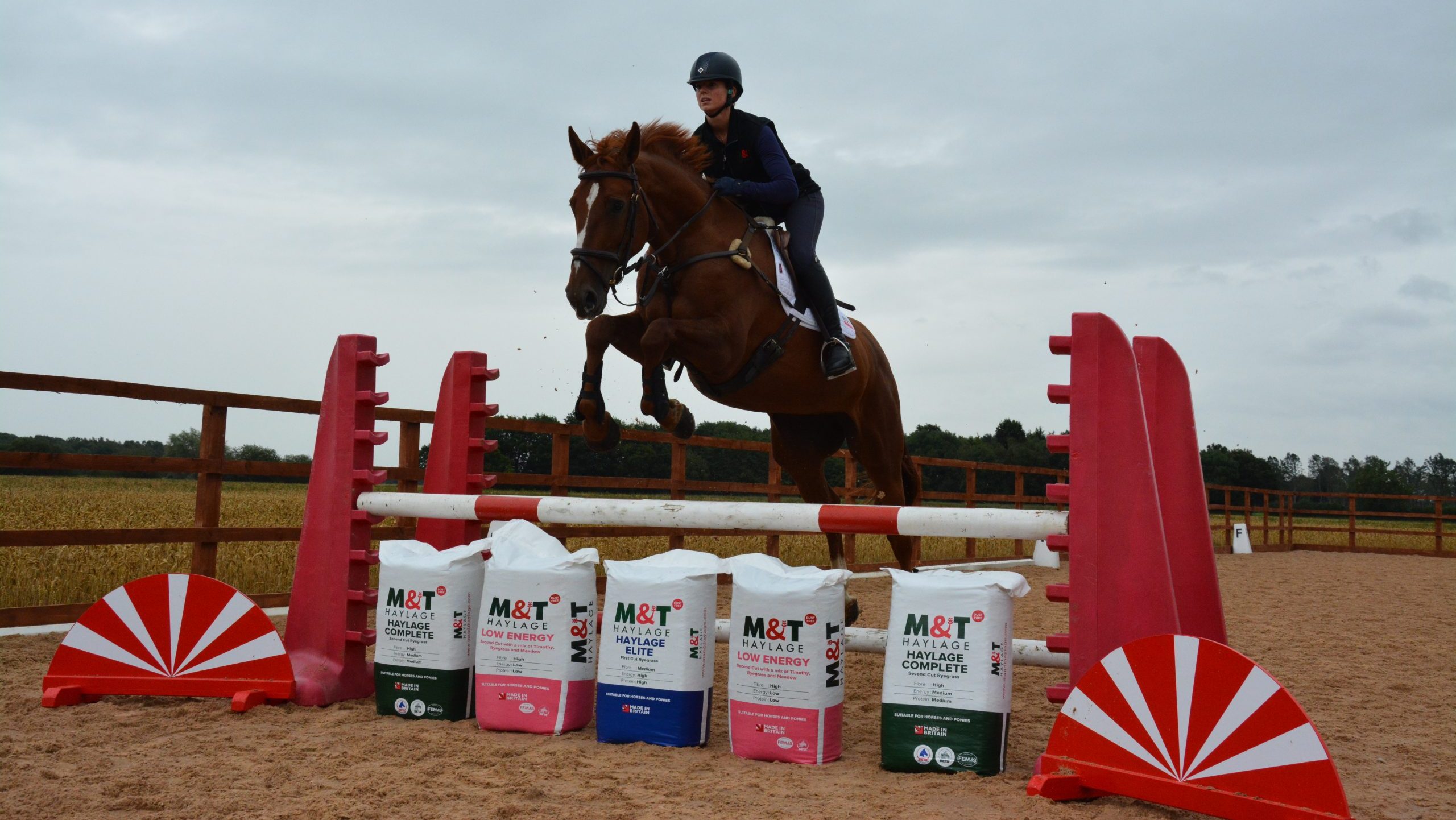
December 7, 2020
Premium Horse Forage: Ask The Nutritionist
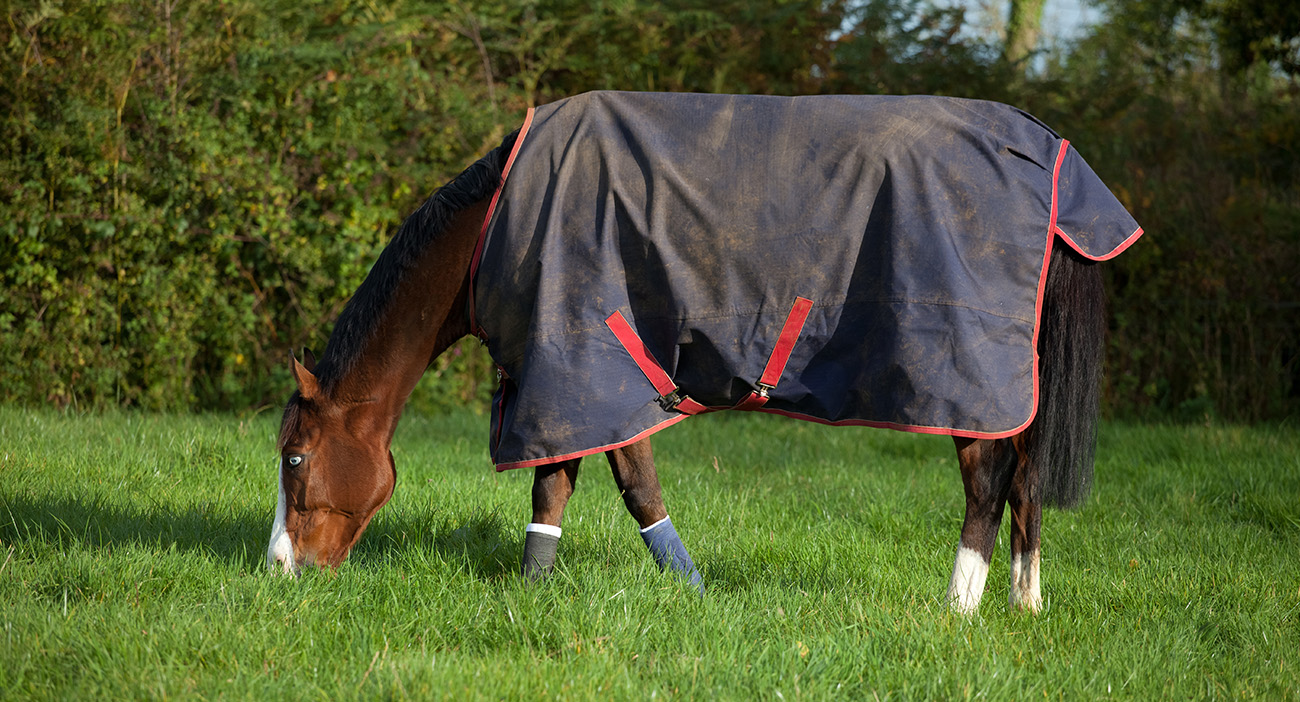
July 9, 2020
Top Tips For Managing Forage For Horses On The Go: Part One
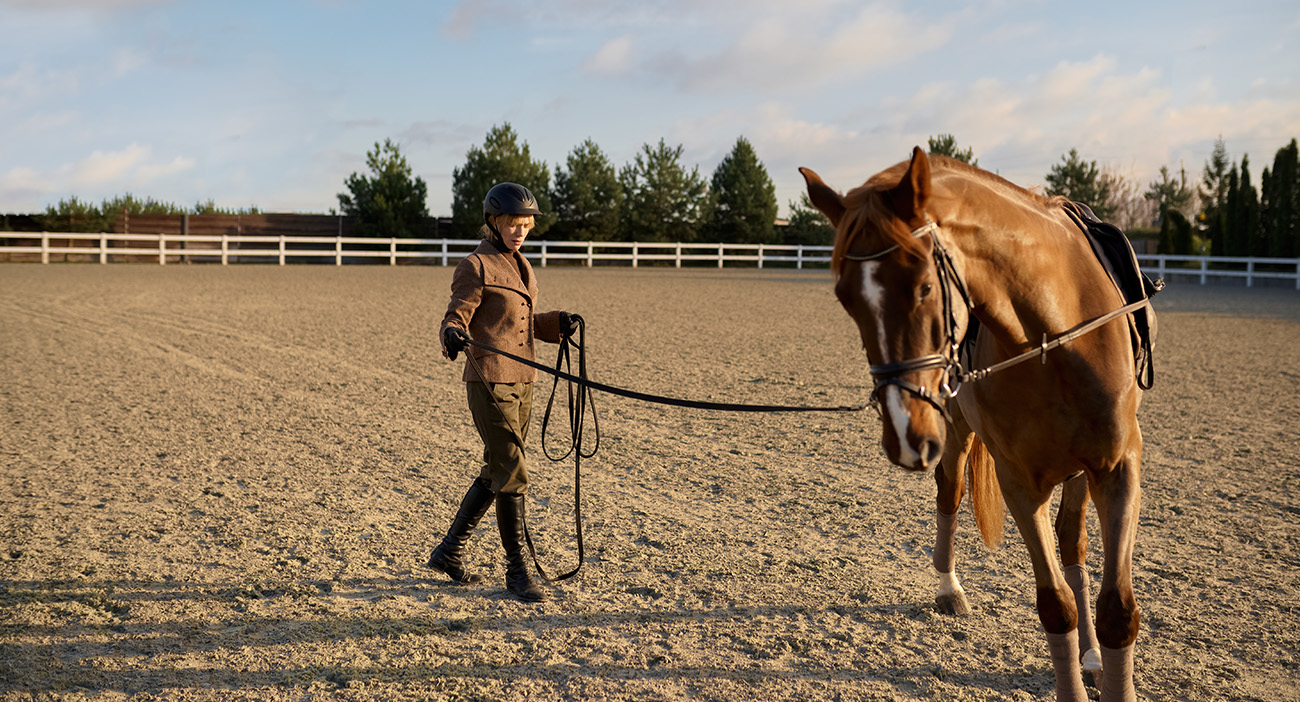
January 16, 2020
Haylage Myth Buster: Nutritionist Top Tips for Horses





